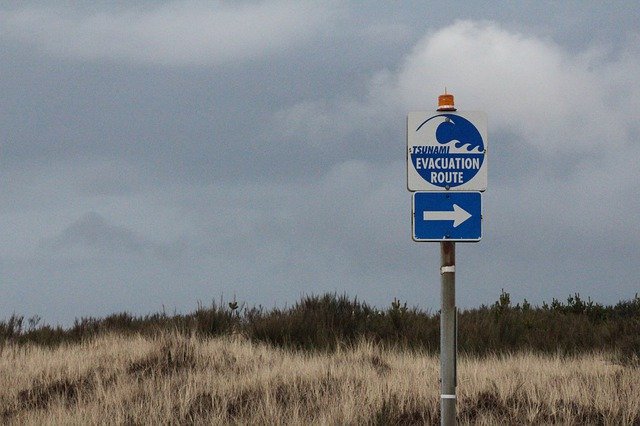Zoning laws in Phuket and other building restrictions set clear rules for how land can be used and developed. These laws determine the type of structures allowed, maximum building heights, and density levels across different parts of the island. Understanding the rules is essential for anyone reviewing land, considering renovations, or assessing development opportunities.
What Are Phuket Zoning Laws & Building Restrictions?
Zoning laws in Phuket are divided into coloured zones, each with its own rules on land use, density, and permitted building types. The restrictions are intended to balance development with environmental protection, public safety, and infrastructure.
Key points covered by zoning laws include:
-
Land use categories – residential, commercial, agricultural, conservation.
-
Height restrictions – taller structures are usually only allowed inland or away from beaches.
-
Floor Area Ratio (FAR) – limits on how much of a plot can be built upon relative to its size.
-
Environmental buffers – restrictions near mangroves, rivers, and coastal zones.
Zoning regulations are issued and enforced by Thailand’s Department of Public Works and Town & Country Planning to ensure that development aligns with national and provincial guidelines.
Why Zoning Laws Matter
Zoning and building rules exist to prevent over-development, protect sensitive areas, and ensure infrastructure can support growth. They also help preserve Phuket’s natural environment and cultural heritage.
For property owners, zoning laws determine:
-
Whether a villa or condominium can be built in a specific location.
-
How many floors a building can have.
-
The required distance from beaches, wetlands, or protected areas.
-
The size and scale of developments that can take place.
Height Limits and FAR Rules
One of the most important restrictions in zoning laws in Phuket is building height. In many coastal zones, maximum building heights are capped at 6-12 metres, depending on proximity to the shoreline. Taller buildings are usually only allowed inland or in designated urban zones.
Floor Area Ratio (FAR) also plays a major role. FAR dictates how much floor space can be built relative to the size of a land plot. For example, a FAR of 5:1 means a 1,000 m² plot can host up to 5,000 m² of building area, subject to other restrictions.

Environmental and Coastal Protections
Certain zones in Phuket are set aside for environmental protection. These include mangroves, wetlands, forested hillsides, and beachfront setbacks. In such areas, building may be restricted or prohibited altogether.
Coastal regulations often require setbacks from the high tide line, ensuring beaches remain open and natural. Steeper slopes are also subject to stricter controls, both for safety and environmental reasons.
Zoning and Infrastructure
Zoning laws in Phuket are closely tied to infrastructure capacity. High-density development is generally concentrated near main roads and services, while more rural areas are reserved for low-density residential or agricultural use.
These rules help manage traffic flow, water supply, and electricity demand, key issues for an island with seasonal population surges.
Navigating Legal Requirements
Because zoning maps and restrictions are technical, working with qualified professionals such as surveyors, architects, or legal advisors is advisable before committing to any land use. Clear due diligence helps avoid complications, penalties, or wasted resources.
Alongside zoning restrictions, it’s important to be aware of issues with illegal titles and land scams. Our guide on Phuket Dirty Land and Illegal Titles explains the common risks and how proper due diligence can help avoid them.
Summary: Phuket Zoning Laws & Building Restrictions
Phuket’s zoning laws and building restrictions shape how and where development can take place. By defining land use, building heights, FAR ratios, and environmental protections, these regulations aim to balance growth with sustainability. Understanding them is crucial for anyone assessing property or land use on the island.
If you’re considering purchasing property within Phuket’s approved zones, you can explore current listings on our Phuket Property for Sale page for up-to-date opportunities across the island.
Related Guides
Disclaimer: The information contained in this article is provided for general informational purposes only and does not constitute legal, financial, or investment advice. While every effort has been made to ensure accuracy at the time of publication, property laws and regulations in Thailand are subject to change. Readers should always seek independent legal advice from a qualified Thai lawyer before making any property-related decision or transaction.



Social Contact